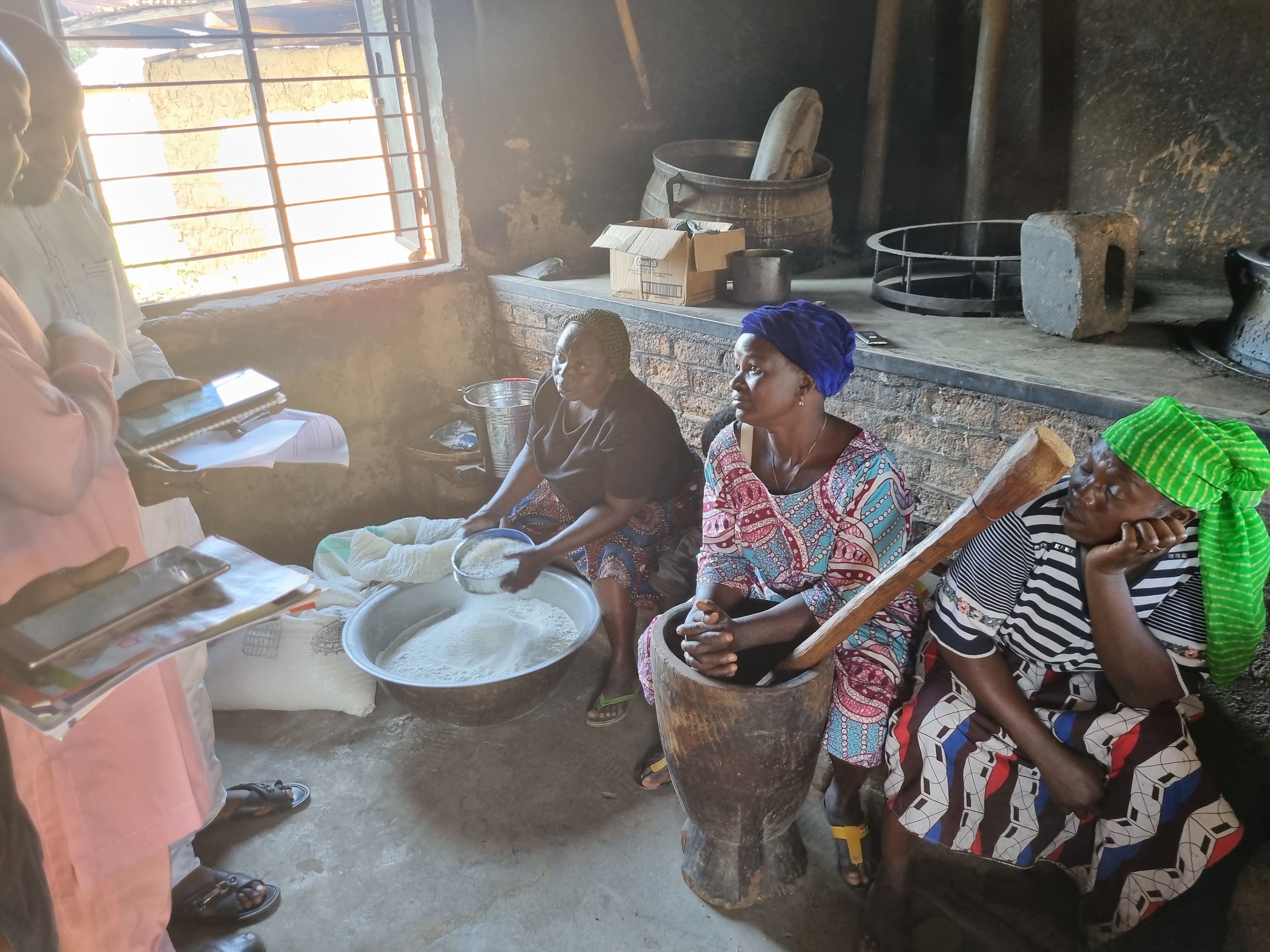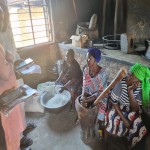Women’s economic empowerment programs play a pivotal role in creating sustainable change for individuals, families, and communities. These programs equip women with essential skills, resources, and opportunities, enabling them to participate more actively in the economy. As women gain financial independence, they can contribute to household income, invest in education, and improve health outcomes for their families.
Key Elements of Successful Women’s Economic Empowerment Programs
Skills Training and Capacity Building
Providing training in areas such as entrepreneurship, financial management, and vocational skills is foundational to empowering women economically. These skills enhance their ability to generate income, manage finances, and build sustainable livelihoods.Access to Financial Services
Many women, particularly in rural areas, face challenges accessing credit and banking services. Empowerment programs often facilitate access to microloans, savings accounts, and other financial tools, enabling women to invest in their businesses and gain financial security.Market Access and Networking Opportunities
Programs that help women connect with markets and networks can vastly expand their economic opportunities. By facilitating access to local and broader markets, women can sell their products, establish supply chains, and foster professional relationships.Supportive Policies and Partnerships
Collaboration with government agencies, NGOs, and private sector partners can enhance the reach and effectiveness of empowerment programs. Supportive policies on land rights, inheritance, and labor laws further strengthen women’s economic positions and ensure long-term success.
Benefits of Women’s Economic Empowerment Programs
- Economic Growth: As women gain financial independence, they contribute to local economies, driving growth and development.
- Poverty Reduction: Empowered women are better able to lift themselves and their families out of poverty, creating a positive ripple effect within their communities.
- Improved Health and Education: Women who are financially empowered are more likely to invest in their children’s education and healthcare, breaking the cycle of poverty across generations.
Conclusion
Creating long-term change through women’s economic empowerment programs requires a multifaceted approach. By providing women with the skills, resources, and support needed to thrive economically, these programs foster sustainable development and pave the way for healthier, more prosperous communities. Empowering women isn’t just about economic benefits; it’s about unlocking potential and driving inclusive growth that benefits everyone.




